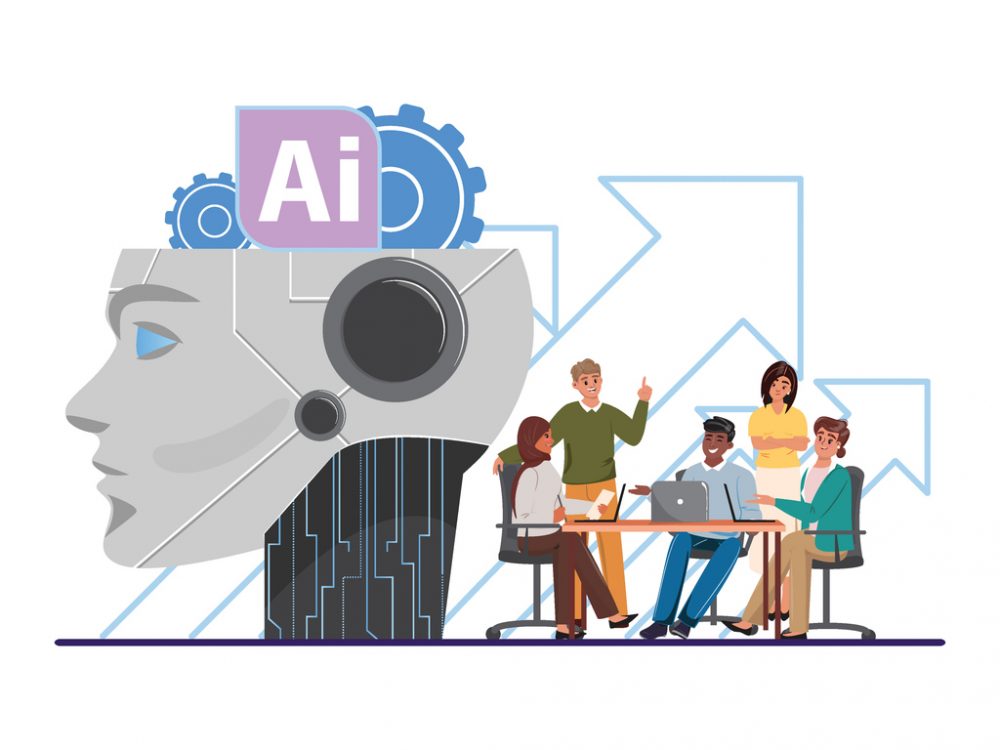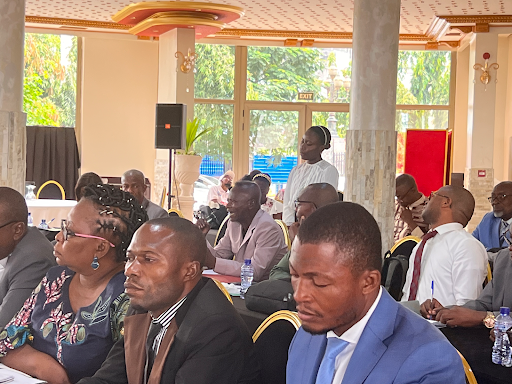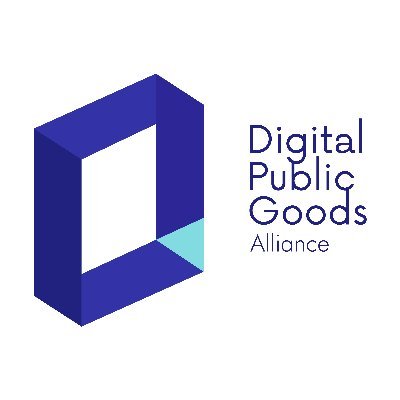Adding Value to Government Procurement
As unlikely as it seems for public procurement to generate excitement worldwide, the past several years have seen the rise of Open Contracting as one of the “it” movements in open government. Among current Open Government Partnership (OGP) National Action Plans (NAP), 47 feature a commitment on government procurement transparency. The Open Contracting Data Standard (OCDS) was unveiled in 2015, and many countries are considering, or working toward, adoption. As an estimated $9.5 trillion each year flow through public procurement, the potential for Open Contracting to benefit the public seems clear. But as a relative “new kid on the transparency block”, what does the process of opening government procurement data look like? And what are the incentives for governments to do so?
Since October 2015, Development Gateway has partnered with the Government of Vietnam’s Public Procurement Agency (PPA). With support from the World Bank, the objectives of this program include:
- Assessing existing procurement systems and data (including both overall quality and compatibility with OCDS);
- Co-creating a monitoring and evaluation (M&E) framework with indicators for government objectives of competitiveness, transparency and disclosure, time- and cost-efficiency, and compliance with the law on procurement;
- Designing and building a procurement M&E system using data from PPA’s eProcurement system (eGP) and Procurement Review (newspaper-based procurement);
- Transforming the procurement data into OCDS data;
- Supporting PPA in developing a “Data Road Map” for reaching its M&E objectives (including policy changes, technical/system changes, and process changes); and
- Coordinating with a local vendor for long-term sustainability and ownership of the M&E system
As you may have noticed, publication of OCDS data is a key element of the program, but there is a lot more going on in Vietnam in order to make public, OCDS data a sustainable reality. For governments making the decision to open data, incentives matter. Opening data requires not only an upfront investment (in IT, policy changes, processes), but represents a long-term commitment to continue publishing data, in a high quality, timely fashion. Over the coming weeks, we will share some lessons and observations from our work so far in Vietnam and the Philippines, where DG and the World Bank team is working on assessing the readiness of e-procurement data to link to other data sets on planning and implementation. These thoughts will be specifically focused on:
- What’s in it for us? Adding value for government data users through the open data process;
- Road-testing OCDS: Bridging the gap from country systems to global standards; and
- Under the hood: Building an open source, OCDS-ready procurement M&E system.
We are learning a lot with and from our partners in Vietnam, and constantly trying to build on lessons learned from the efforts of others as well as our own experiences working with IATI and EITI. We are excited to participate in this growing conversation and will continue sharing throughout the year in this blog and various conferences, including IODC 2016.
Share This Post
Related from our library

Beyond Kigali: Where Does Africa Go from Here with AI?
As governments, funders, entrepreneurs, and technology leaders rally around the AI moment and move towards actions, at Development Gateway, we are asking a different set of questions: Where is the data, and what is the quality of the data behind the algorithms? How will legacy government systems feed AI tools with fresh and usable data? Are Government ministries resourced to govern and trust the AI tools that they are being encouraged to adopt?

Stakeholder, Where Art Thou?: Three Insights on Using Governance Structures to Foster Stakeholder Engagement
Through our Tobacco Control Data Initiative (TCDI) program and its sister program Data on Youth and Tobacco in Africa (DaYTA), we have learned that creating governance structures, such as advisory boards or steering committees, is one approach to ensuring that digital solutions appropriately meet stakeholders’ needs and foster future stakeholder engagement. In this blog, we explore three insights on how governance structures can advance buy-in with individual stakeholders while connecting them to one another.

DG’s Open Contracting Portal Designated as a Digital Public Good
Digital Public Goods Alliance designated DG’s Open Contracting Portal as a digital public good in September 2022. The Portal provides procurement analytics that can be used to improve procurement efficiency and, in turn, reduce corruption and increase impact.